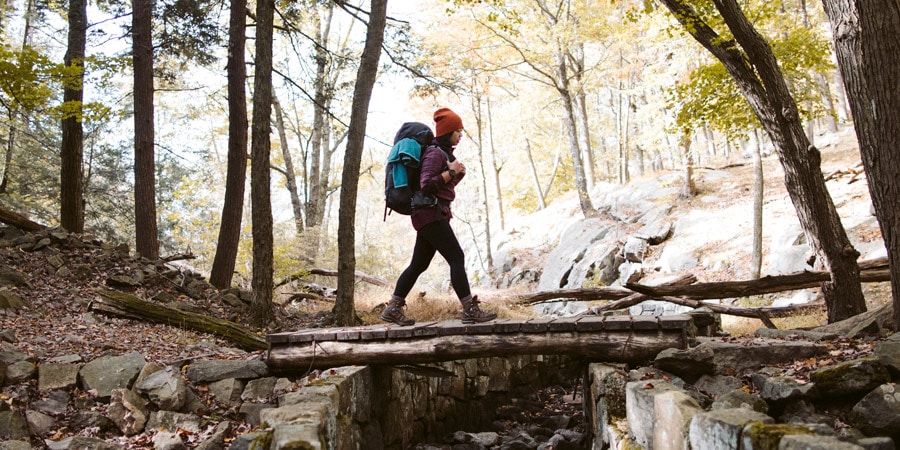Discover Australia's Finest
Explore the latest news, insights, and stories from down under.
Backpacking Bliss: Unraveling the Secrets of the Trail
Discover the secrets of the trail in Backpacking Bliss! Uncover tips, hidden gems, and unforgettable adventures waiting for you.
Top 10 Essential Gear Items for Successful Backpacking Trips
When it comes to successful backpacking trips, having the right gear is crucial. Here are the top 10 essential gear items that every backpacker should consider packing:
- Backpack: Choose a durable and comfortable backpack that fits your body type and can carry all your essentials.
- Sleeping Bag: A lightweight and compact sleeping bag is vital for ensuring a good night's sleep in the great outdoors.
- Tent: Invest in a reliable tent that's easy to set up and offers protection from the elements.
- Cooking Gear: Portable stoves and mess kits simplify meal preparation and make eating in the wild enjoyable.
- Water Filter: Access to clean water is essential, and a good water filter can make all the difference.
Beyond just these basics, consider the following items to enhance your backpacking experience:
- First Aid Kit: Be prepared for minor injuries with a comprehensive first aid kit tailored for outdoor use.
- Clothing Layers: Pack moisture-wicking base layers, insulating mid-layers, and waterproof outer layers to adapt to changing weather conditions.
- Navigation Tools: A map, compass, or GPS device is critical to ensuring that you stay on track during your adventure.
- Headlamp or Flashlight: Light your way during night hikes or after dark with a reliable headlamp or flashlight.
- Multi-Tool: A versatile multi-tool can handle a variety of tasks, making it an invaluable item for any backpacking trip.

How to Plan the Perfect Backpacking Route: Tips and Tricks
Planning the perfect backpacking route requires careful consideration and organization. Start by assessing your skill level and determining how much distance you can comfortably cover in a day. Create a list of potential trails and destinations, and utilize maps and online resources to gather information about elevation changes, water sources, and campsites. It's essential to account for factors such as weather conditions, wildlife, and local regulations that could affect your trip. By prioritizing your route based on these elements, you’ll be setting the stage for a successful adventure.
Once you have your basic route in mind, refine your plans by preparing an itinerary that includes rest stops and points of interest. Consider using a checklist to ensure you have packed essential gear, food, and first aid supplies. It's also wise to share your itinerary with a friend or family member for safety. Don't forget to remain flexible; the best backpacking experiences often come from spontaneous hikes and detours. With these tips and tricks in hand, you're well on your way to crafting a memorable backpacking journey!
What to Eat While Backpacking: Nutrition Tips for the Trail
When planning your meals for a backpacking trip, it’s essential to consider both nutrition and weight. Compact, high-calorie options are ideal, as they provide the necessary energy without adding excessive bulk to your pack. Dehydrated meals and freeze-dried foods are popular choices, as they offer a significant calorie count while being lightweight. Additionally, packing snacks like trail mix, energy bars, and jerky can keep your energy levels up throughout the day. Aim for a balance of carbohydrates, proteins, and fats to ensure your body receives a well-rounded diet on the trail.
Hydration is equally important; always carry enough water and consider bringing a water filtration system or purification tablets to refill along the way. To maintain your nutrient levels, adding powdered greens or electrolyte tablets can be beneficial. Lastly, don't overlook the joy of cooking in the outdoors—simple meals cooked over a camp stove can provide comfort and a morale boost after a long day of hiking. Remember, the best backpacking meals are not just about sustenance, but also about enjoyment and making memories on the trail.